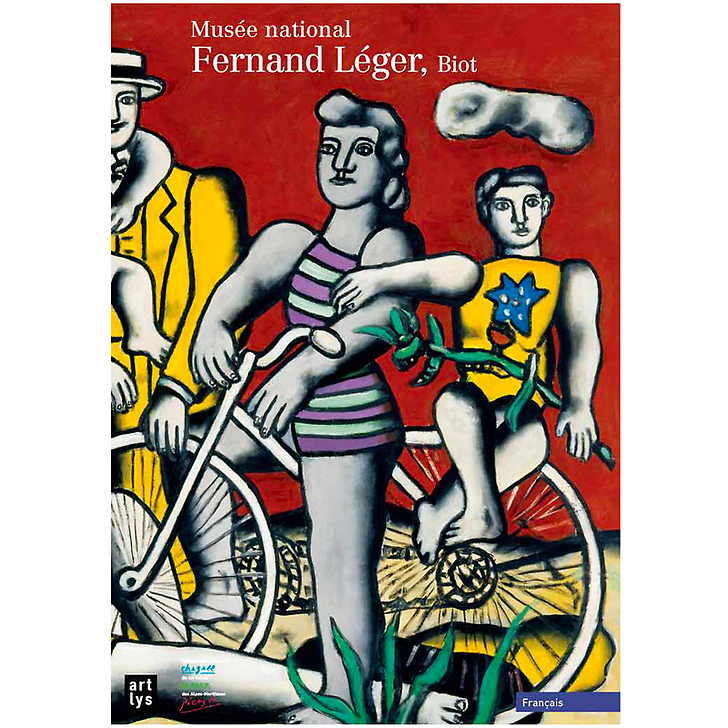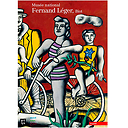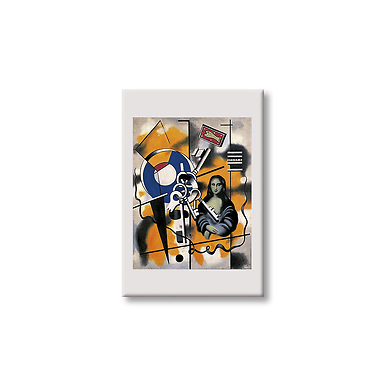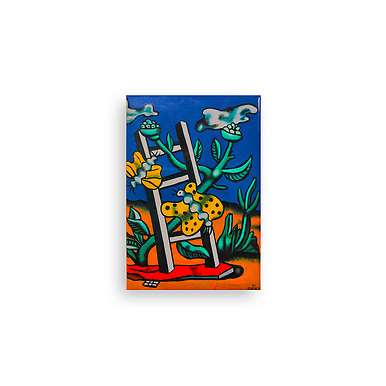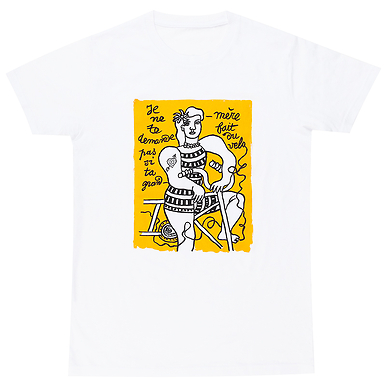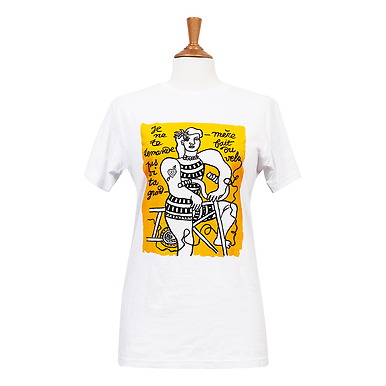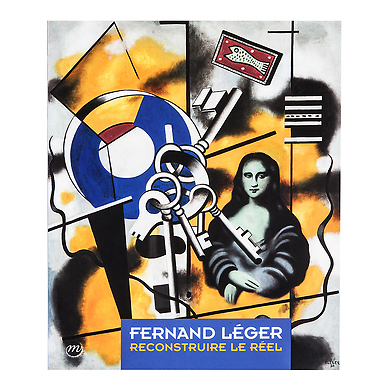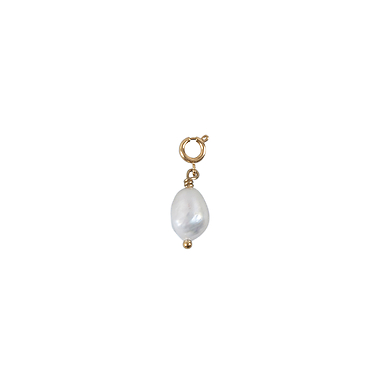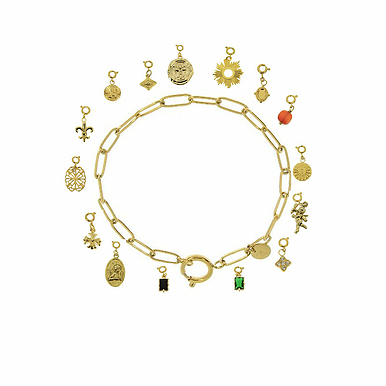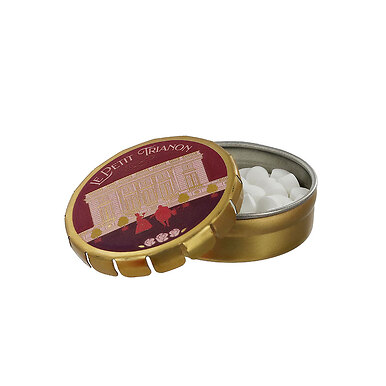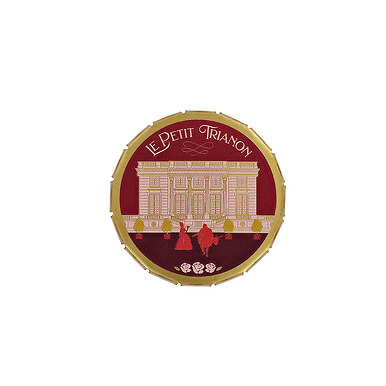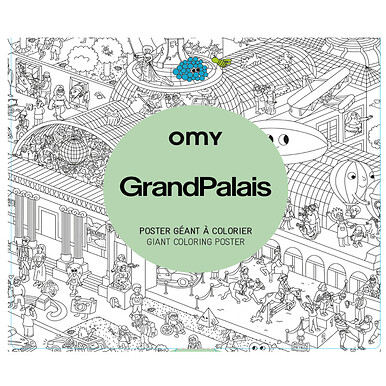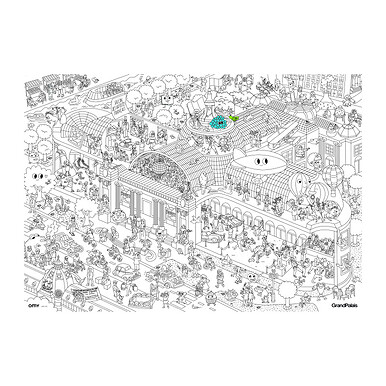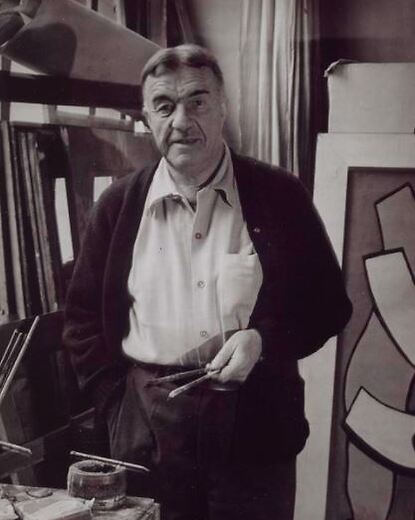Musée national Fernand Léger, Biot
GG107204
Fernand Léger evoked the institution of the museum on several occasions in his writings. On the first, he speaks as an artist, referring to the letters of Cézanne, and echoing his ambition of making "something lasting like the art in the museums."
On the second, he is the head of an atelier encouraging...
Read more
Fernand Léger evoked the institution of the museum on several occasions in his writings. On the first, he speaks as an artist, referring to the letters of Cézanne, and echoing his ambition of making "something lasting like the art in the museums."
On the second, he is the head of an atelier encouraging his students to go and look at the Old Masters, to measure themselves against them and, if they feel so inspired, to make some felicitous transgressions.
On another occasion, he speaks as a pedagogue recommending that children attend museums so that they can establish a ranking in their minds and can "evolve towards beautiful things."
The artist of contrasting forms and urban modernity, of coloured walls and industrial objects, thus had no objections to the museum, when for so many of his contemporaries - the Futurists especially it was an object of vilification.
On the contrary, he believed in its programme of training the gaze, a process whereby individuals could both enjoy the pleasure of contemplation and find material to learn from. Although the artist was not involved in its construction, a museum housing his work opened not long after his death. Inaugurated in 1960 and placed under the authority of the state a few years later, the new museum was in phase with the generous ideas of this artist who so wanted to give people access to culture in general, and to the art of their times in particular.
The Musée National Fernand Léger defines itself as a place of study and exploration, in relation to the work it houses, but also to other forms of expression (music, cinema, dance) that structure the contemporary landscape. In this sense it meets the criteria of any museum that conceives and defines itself as a living entity, open to the world and to what shapes it.
Close
Login to see prices
Sold by GrandPalaisRmn

